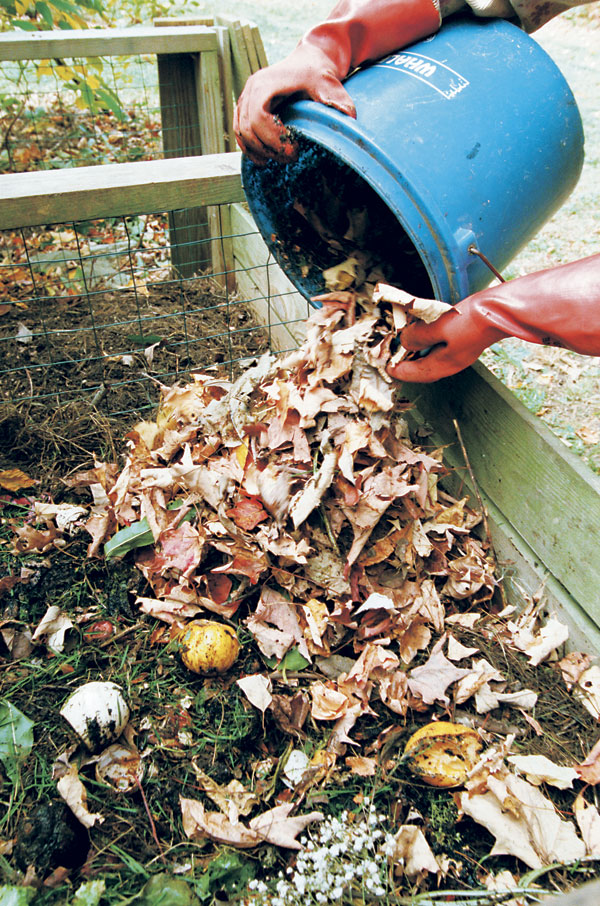
by Janet M. Jemmott
August 1999
from issue #22
Theoretically, anything of organic origin can be put into a composting system, but I would not recommend adding meat, fish, poultry, or foods with added fat to an open system. They’re just too likely to attract pests. Besides, they can be odorous and slow to break down.
 |
|
| When you add kitchen scraps to a compost heap, make sure you mix brown and green material. Completely cover good waste with brown matter. |
If you have a closed system and want to add waste of animal origin, such as bones or food scraps, you must bury it in the center of the pile and cover it with brown material; you should also have a layer of brown material around the outside. Deterring rodents has to do as much with how you manage the bins as with their contents and the construction of the bin itself.
Pesticides
Evidence indicates that pesticides and herbicides break down into innocuous components during hot composting. Nevertheless, I would not put treated grass clippings in my compost system.
Animal manure
Horse and cow manure are traditional additions to compost, and fresh manure provides a large input of nitrogen. Use one part fresh manure to four parts brown organic matter. Give it plenty of time to break down.
Keep cat, dog, and human feces out of your bin, as they may contain harmful pathogens. Bird cage waste typically includes numerous weed seeds and possibly diseases, so keep it out. Any manure can contain pathogens. The concern is not only whether pathogens will break down in the compost, but also that you may come in contact with pathogens when handling waste to put in the bin. This is of less concern with manure from herbivores such as rabbits. Rabbit droppings are a rich source of nitrogen. Handled carefully, they can fire up a waning compost mix.
Paper
Most newspapers are printed with soy-based inks and are safe to add to your pile. Use them in moderation and shred them first. If you run out of brown matter during the winter, paper is a good stand-in. Do not add shiny, colored magazine paper, because the ink may contain heavy metals.
Weeds and diseased plants
Do not add diseased plants to compost. If you’re certain you have your pile cooking at 150° to 160°F for at least a few days, weed seeds will be destroyed. Certain pernicious weeds may persist in any but the hottest compost piles.
If you’re new to composting, keep it simple. Stick to kitchen waste and backyard clippings. Or follow the guide below.
| Good stuff to compost | Bad stuff to compost |
|
• Leaves, fresh or dry |
• Diseased plants • Pesticide-treated leaves and grass clippings • Poison sumac and poison ivy • Glossy paper • Pressure treated wood scraps and sawdust • Kitchen waste of animal origin* • Human feces, pet manure** |
|
*Kitchen waste such as meat scraps, bones, and dairy products can be composted if a pile is carefully managed, but these products are slow to decompose and attract pests. **There are folks who successfully compost human fecal matter, as well as those of cats, dogs, and other carnivorous pets. High temperatures may kill off pathogens and parasites, but in the case of the home composter, the risks are not worth the bother. |
|


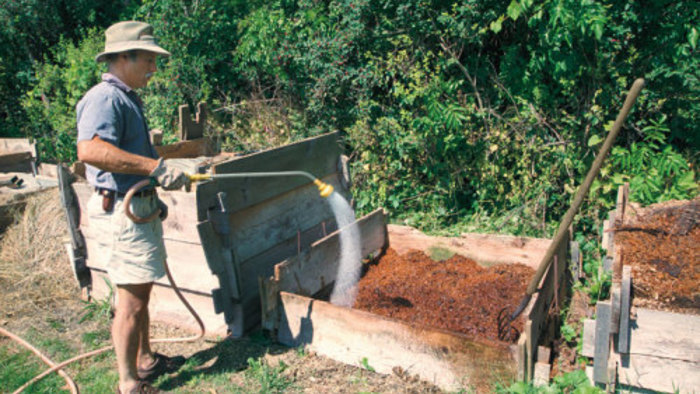


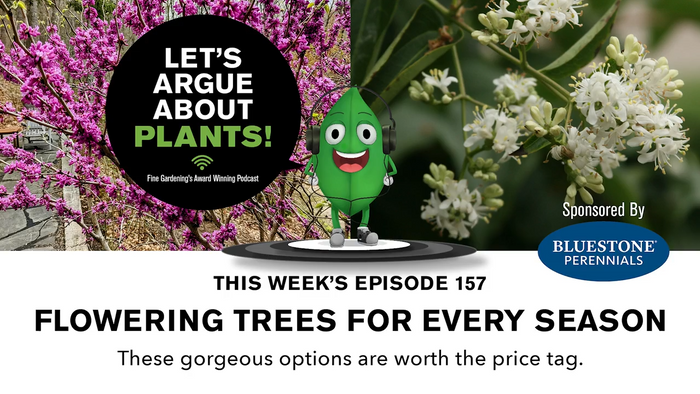
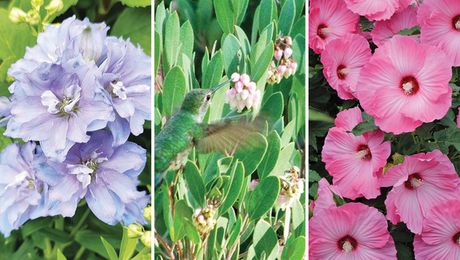


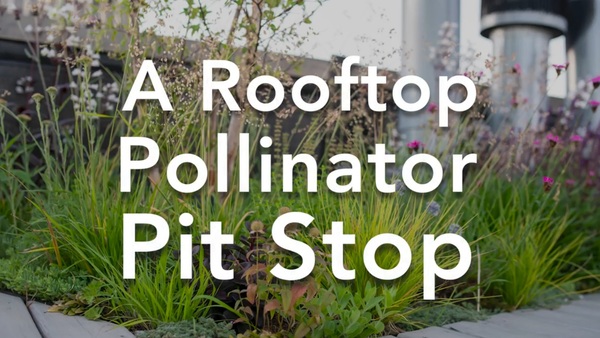
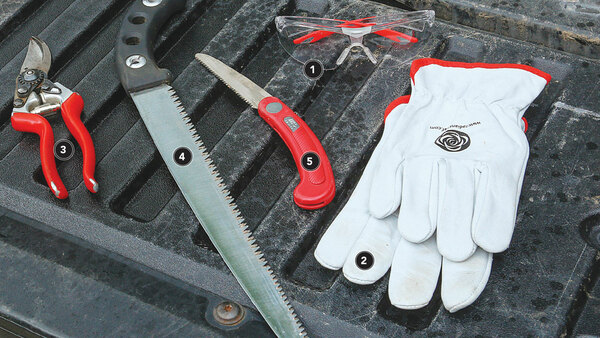
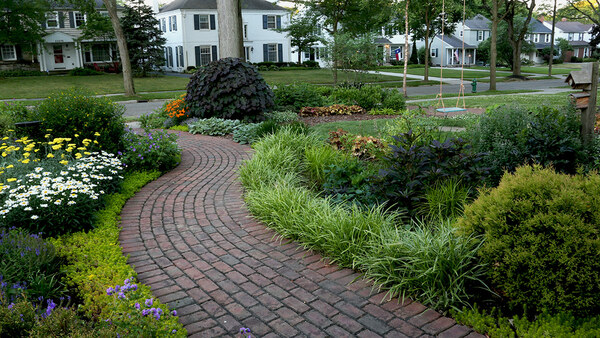
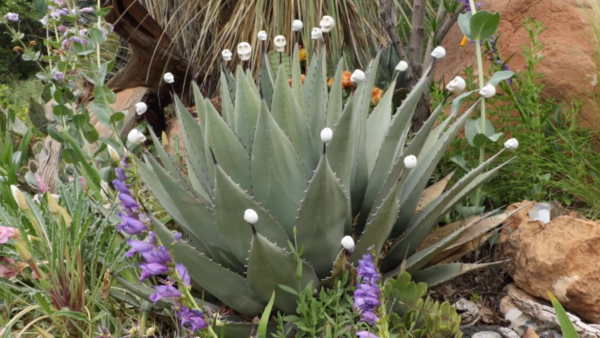



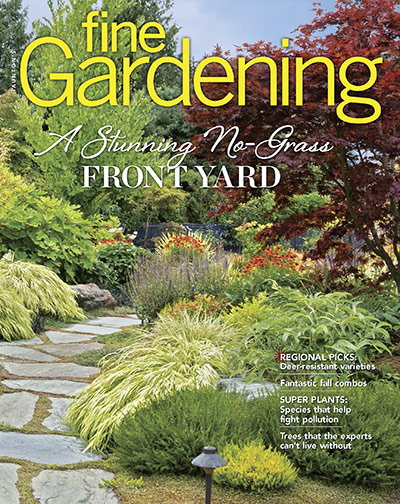
Comments
Log in or create an account to post a comment.
Sign up Log in